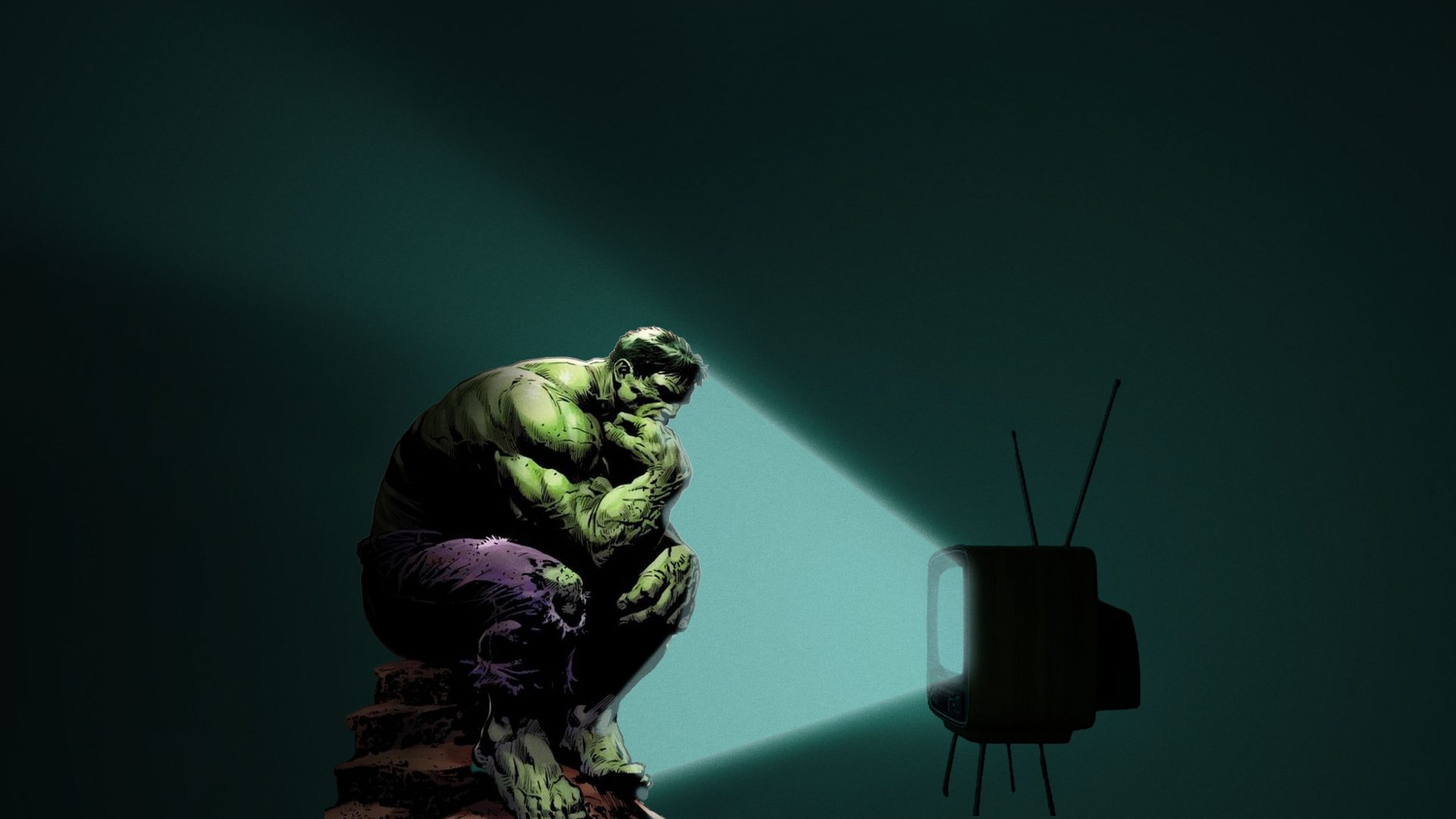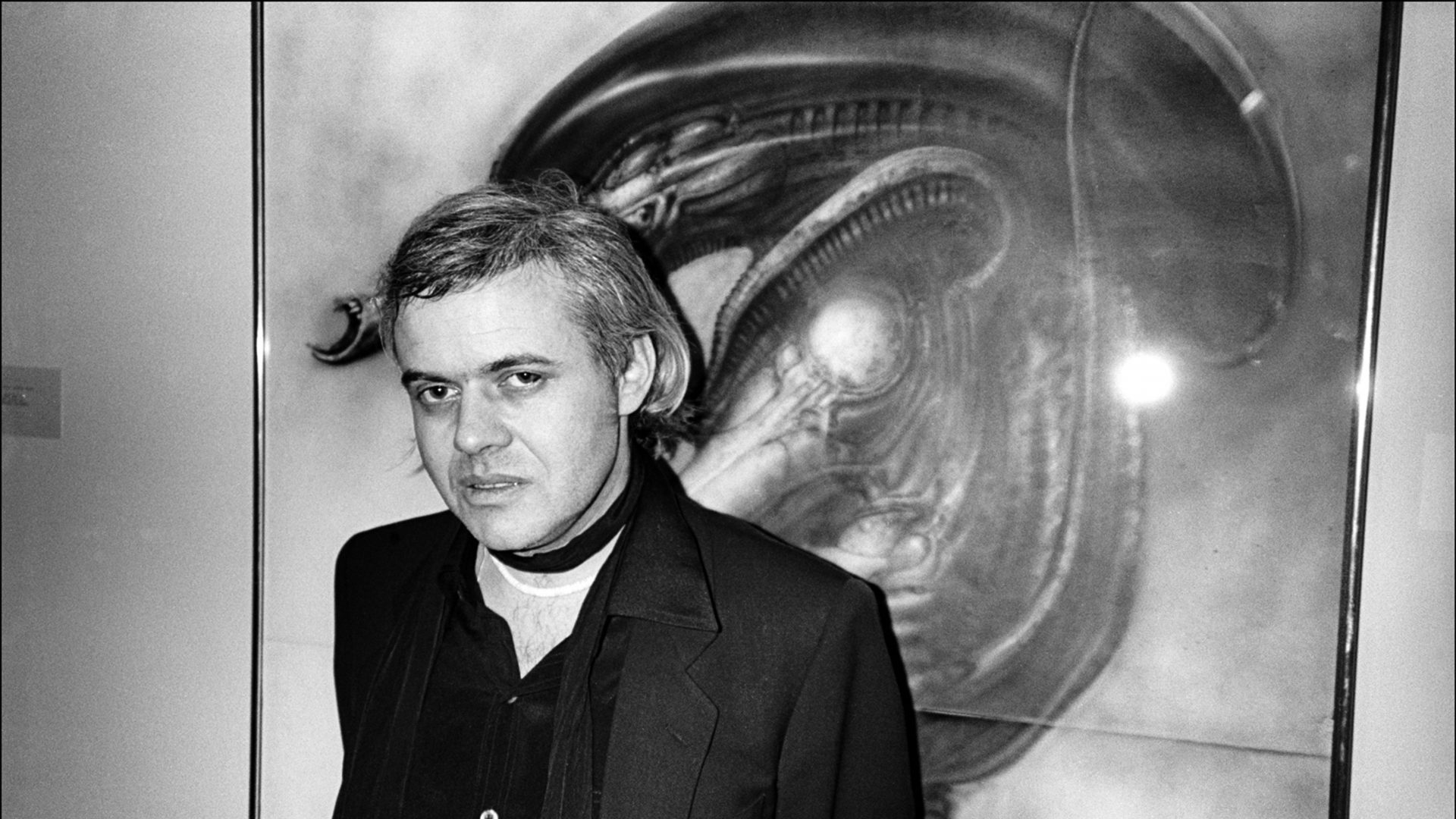When did I first realise that Evian spelt backwards is… naive? It was in the Prescott hotel in San Francisco, shortly after the 1989 earthquake, when I happened to place a bottle of Evian in front of a mirror. How I could have
reached the age of 28 without seeing what was staring me in the face bedevilled me – but then following the logic of Oscar Wilde’s dyadic aperçu, we’re all Calibans, aren’t we, raging both against seeing our faces in the glass, and not seeing them.
I thought about this phenomenon when I learned that the WGA (Writers Guild of America) were striking for the first time in 16 years. The last time they were preparing to exit, pursued by corporate bears, coincided with my
walking to Hollywood; obviously not the whole way from south London – which would be absurd – but at least from LAX, via Downtown (where I overnighted), and then striding west on Wilshire Boulevard, before striking up through Melrose.
I stayed at the Roosevelt, the hotel where the first Oscars ceremony took place in 1929 – and the following day trekked over to Sony Pictures in Culver City to meet with Michael Lynton, who at that time was chairman and CEO. Sony occupies the old MGM lot, so in a way Lynton was channelling the great moguls of the past – Irving Thalberg, Louis B Mayer et al – when he pronounced on the greatest emerging threats he saw to his dream factory.
Which wasn’t the incipient strike so much as the gathering impact of on-demand cable television services such as TiVo (the vector through which streaming, um, then streamed), together with the sheer volume of movies
being made in Los Angeles. A quantity of product jostling for preferment that made the old marketing relationship between advertising and receipts look increasingly unstable.
Quite possibly it was walking for mile after mile in the real city, rather than caroming along the boulevard of dramatised dreams, that gifted me a degree of prescience when it came to the future of the motion picture industry. The night after my meeting with Lynton, I slept in a stuffy room at the wedge-shaped Culver City hotel (where the dwarf actors who played the Munchkins in The Wizard of Oz were lodged during shooting), and was troubled by nightmarish visions.
Of a dystopic future in which actors would be altogether replaced by computer-generated eidolons, while the words these pixelated phantoms “spoke” would be generated – rather than written – for them by computers.
Well, that time is now; and just as the writers in 2007 were raging against a new mirroring technique that – or so the studio chiefs believed – would undermine the established words/money coefficient, so they are again in 2023.
Of course, Wilde was talking about 19th-century naturalism and Romanticism as mimetic modes enshrined in different artistic forms (the novel, theatre), rather than emergent technologies – although the inception of photography and film was probably also perturbing him. I’m supportive of the WGA strikers, who are being given the same ol’ neoliberal runaround as wage slaves in other sectors: deprived of the profitable fruits of their labours, and reduced to on-demand peonage; nevertheless, the way in which both they and we, as cultural producers and consumers, have uncritically accepted new mirror after new mediatising mirrors, without questioning their message, does strike me as… naive.
The pipe dream that the genie of AI is going to be thrust back in the bottle, thereby saving screen- and TV writers’ jobs is just that: ours is a global culture that’s gone belly-up time and again to specular technologies, the platforms they create, and the content they convey. We allow our politics to be undermined by Twittering populism, and our children’s brains to drip out of their ears, so liquefied have they become with a diet of endless video-pap. Come on, sheeple! The truth has to be faced – which is that the vast amount of material currently written for Netflix and Amazon Prime is as formulaic and mechanistic as anything likely to be generated by AI.
The week I spent walking to Hollywood coincided as well with the release of another movie in the Hulk franchise. The Hulk, bless him, is of course our contemporary Caliban: a brutish creature when roused – yet when quiescent capable of sympathy and aesthetic appreciation. The trouble is, once he calms down the Hulk finds it so difficult to remember what he’s been doing while enraged. The answer is, of course, slumping in front of a screen, either raging against what he sees reflected there, or raging against what he doesn’t.



